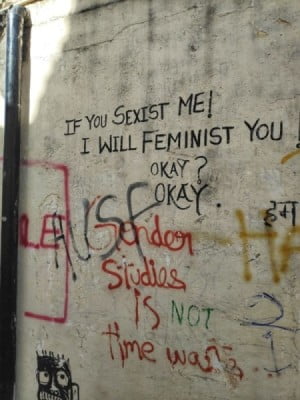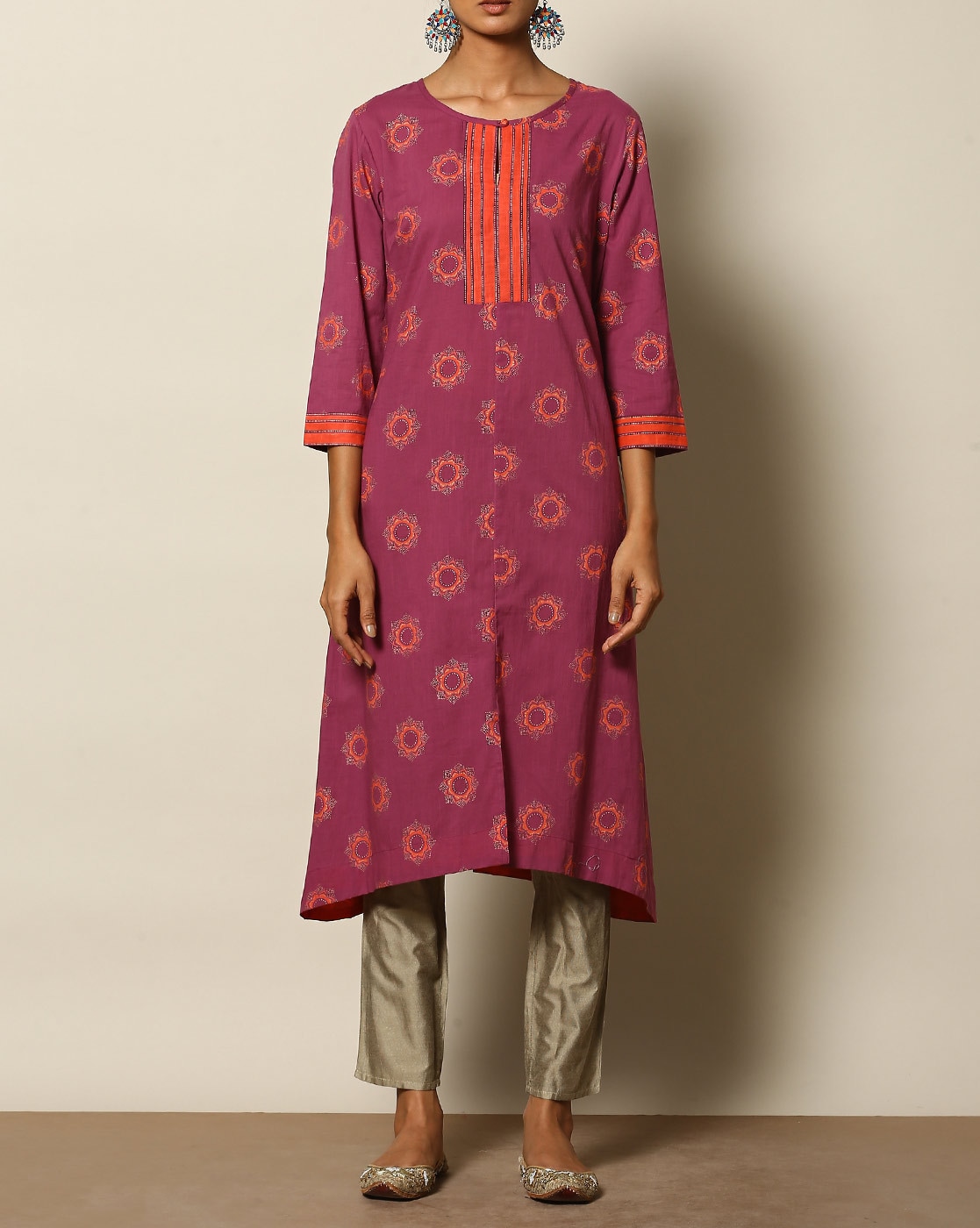On 17th November, Sunday, students of School of Open Learning (SOL) held a funeral march to symbolise the death of the varsity’s Vice Chancellor (VC) for them, and sent tonsured hair to the Ministry of Human Resource and Development (MHRD) to protest against the hasty implementation of the Choice Based Credit System (CBCS) system in SOL.
On 17th November 2019, the students of DU’s School of Open Learning (SOL) took out a funeral march from the main gate of the Arts Faculty to the VC house, symbolising his death for the students of School of Open Learning (SOL). The students carried an effigy of the VC in a funeral procession, with slogans that read Annyay VC ki shavyatra (Unfair VC’s funeral procession) and SOL aur Regular mein degree ki samanta hee nahi, suvidhaon ki bhi do (Provide equal opportunities to regular courses and SOL, and not just equal degrees). The march was organised by the students and the KYS against the ‘bulldozed’implementation of the CBCS/ Semester system by DU for the students of SOL.
In a press statement released on Sunday, the Krantikari Yuva Sangathan (KYS), mentioned, “Classes are suspended while more than half of the Honours courses remain incomplete; thus destroying the future of first-year SOL students, who have to appear for the CBCS examination later this November. Not only is the syllabus incomplete, the SOL students are yet to be provided with their complete study material. SOL is so unprepared that till now even the study material which has to be mandatorily provided to the students has not been made available to the majority. All this while the exams are due this very month. Also, even though lacs of students have taken admission this year in SOL, the study centres are almost empty because no information has been provided to them.”
The students of SOL had held a massive protest at the MHRD as well, where they had tonsured their hair and sent it to the Union HRD Minister, Delhi Education Minister, UGC, DU, and SOL authorities to assert that they felt orphaned, and were thus sending their tonsured hair as offerings of symbolic sacrifice. The students have made an appeal to the High Court of Delhi and had also protested against University Grants Commission (UGC), demanding its immediate intervention for the roll-back of the new CBCS curriculum and semester mode.
“The entire situation is chaos. Even though the idea of lessening the parity between regular colleges and distant learning is a good initiative, its implementation is terrible. We don’t know the syllabus, classes are empty and without the proper study material, the teachers don’t know what to teach in classes either. We’ve been completely abandoned by the authorities, despite continually reaching out. The University decided to introduce the CBCS system with no preparation and now we have to sit for semester exams that SOL wasn’t even prepared for. This is our future, and the University doesn’t seem to care at all,” Mrinal Yadav, a B.Com. student at SOL told DU Beat.
Expressing concern over this issue, several teachers have written to the University visitor, President Ram Nath Kovind, calling for the postponement of the exams and rolling back of the semester system for this year. “We have been observing the growing agitation of SOL students and the high handedness with which the University is circumventing to their objections regarding the manner in which the system has been introduced,” the letter to the President said. It was said to be signed by about 100 teachers. A review of the study materials provided, upon which distance education students mostly rely, showed that they were “full of errors” and not a product of academic protocols, they wrote in the letter. The teachers also raised issues about the way the new system was introduced, arguing that it was “bulldozed” through the University’s statutory bodies.
Feature Image Credits: KYS
Shreya Juyal












